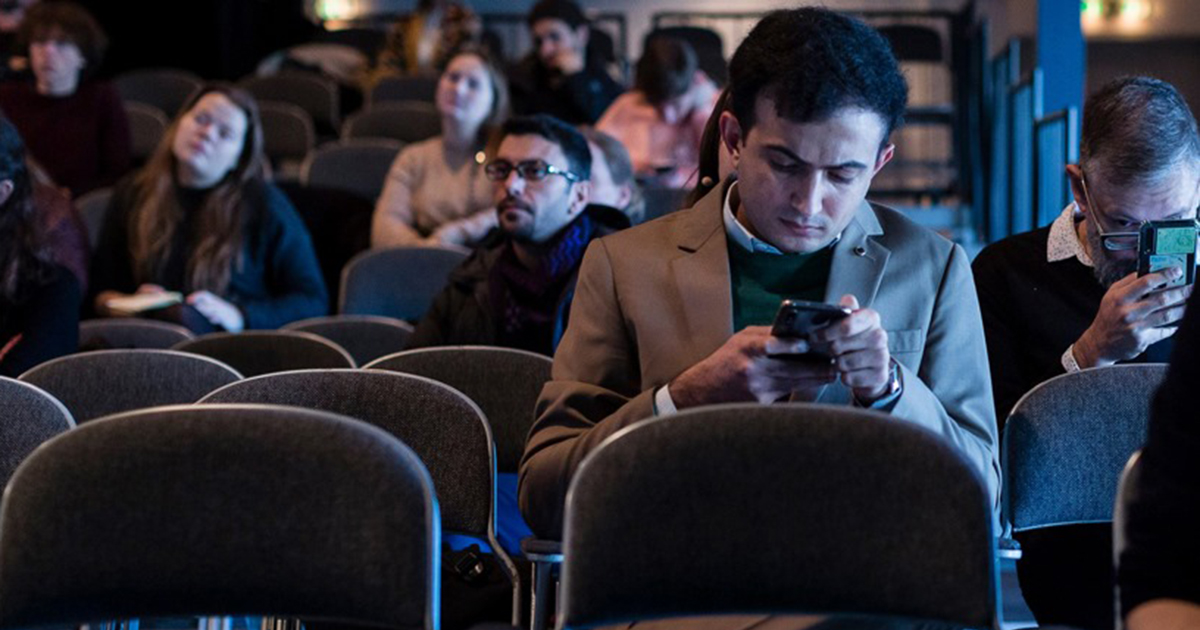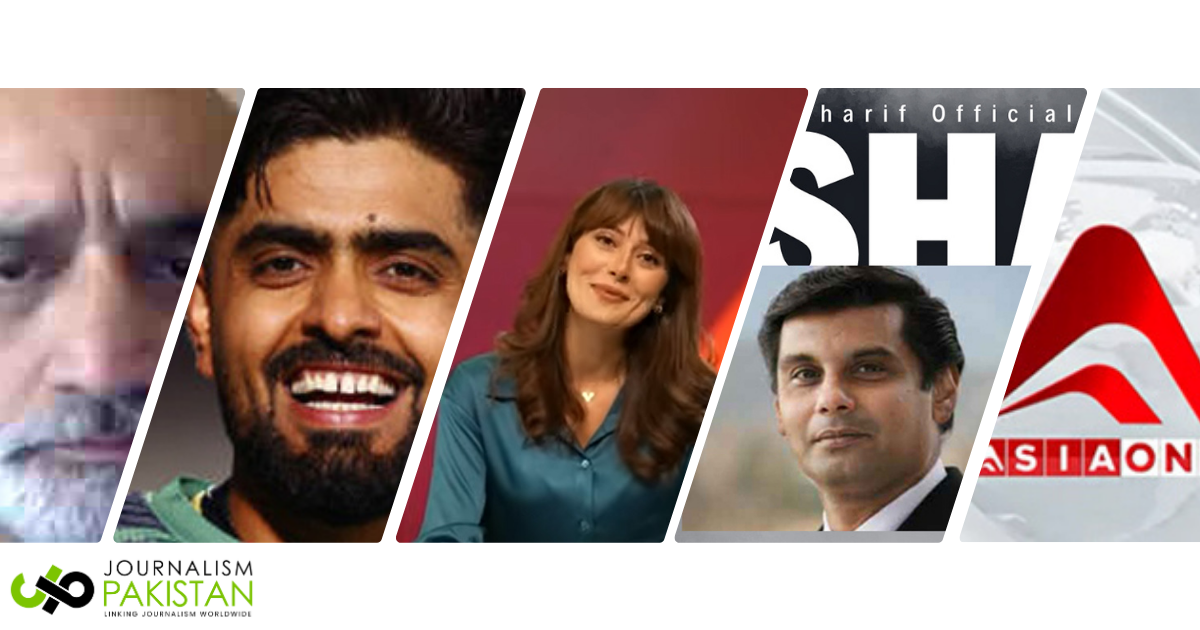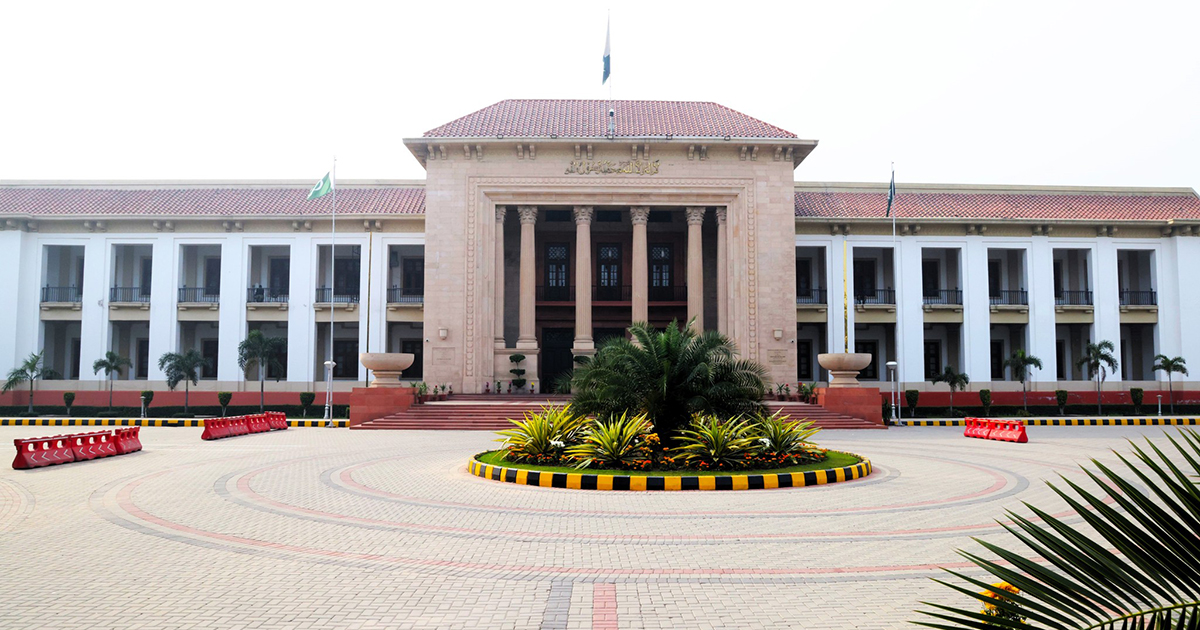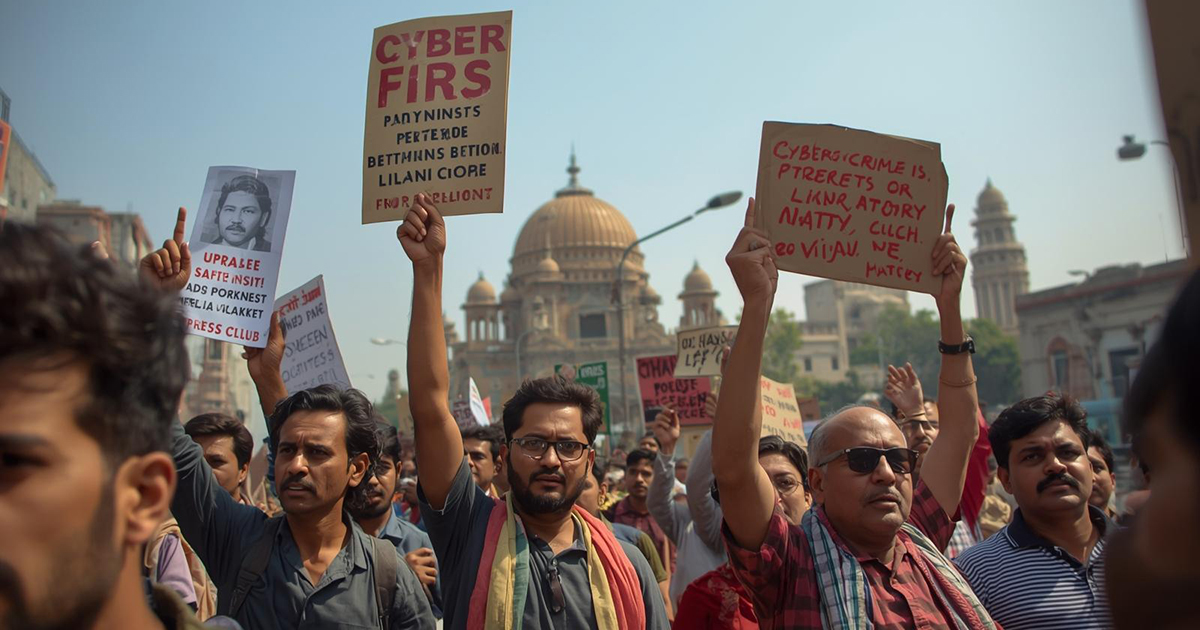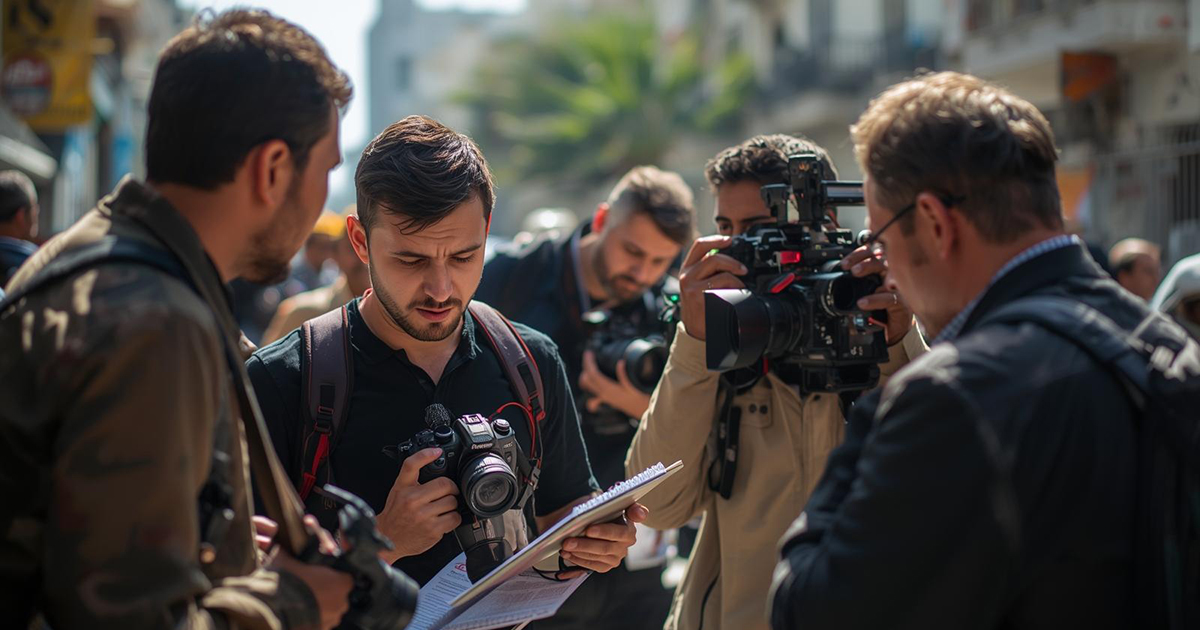Blank space replaces New York Times article criticizing Pakistan Army
JournalismPakistan.com | Published: 5 May 2017
Join our WhatsApp channel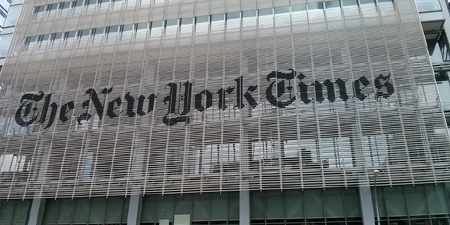
An International New York Times opinion piece criticizing the powerful Pakistani Army was censored by its local publisher Friday, replaced by a blank space.
The online version of the piece by Mohammed Hanif, a high-profile satirist, and novelist whose critiques of Pakistani society regularly appear in the New York Times, was trending on Pakistani social media by Friday afternoon.
In the article, entitled "Pakistan's Triangle of Hate", he savaged the military for parading a former Pakistani Taliban spokesman before television cameras to claim that the militants are bankrolled by Islamabad's arch-nemesis India.
"With his appearance, the Pakistani Army seemed to be sending this message: You can kill thousands of Pakistanis, but if you later testify that you hate India as much as we do, everything will be forgiven," Hanif wrote.
"Do we really need to enlist our children's killers in our campaign against India?"
A note on the blank page clarified the decision to censor the article was taken in Pakistan, and the newspaper "had no role in its removal".
"While we understand that our publishing partners are sometimes faced with local pressures, we regret and condemn any censorship of our journalism," a spokeswoman for the New York Times told AFP on Friday.
The former Taliban spokesman, Ehsanullah Ehsan, is the man who claimed responsibility on behalf of the Taliban for shooting schoolgirl Malala Yousafzai in the head in Swat Valley in 2012.
He also spoke for the group in claiming responsibility for Pakistan's deadliest ever extremist attack, in which gunmen stormed a school in northwestern Peshawar and killed more than 150 people, most of them children.
Last month the army announced that Ehsan had given himself up to the military, but gave no details on the circumstances or timing of his surrender.
It later released a video of Ehsan stating the militants were given financial and logistical assistance by the intelligence agencies of India and Afghanistan - a claim often made by the army.
Hanif's words echoed the feelings of many in Pakistan repulsed by the publicity surrounding Ehsan - though others have rejoiced at the accusations against India.
Friday's censorship was the second day in a row that the Express Tribune had blanked out a piece in the Times.
On Thursday, it removed a piece on an anti-gay crackdown in Chechnya entitled "Chechnya's anti-gay pogrom".
In 2016, it censored a Times image of a man in China giving his boyfriend a kiss on the cheek. Later that year it blocked an article in the paper entitled "Sex Talk for Muslim Women". - AFP



